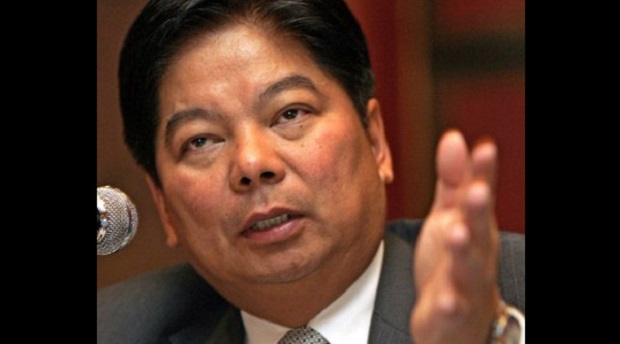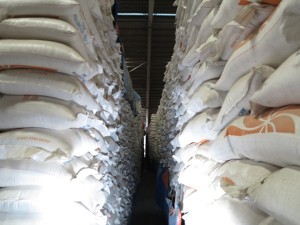The country’s inflation rate slowed to 1.2 percent in June, its lowest in 20 years, but the central bank was keeping interest rates steady owing to risks and conditions that may send prices rising in later months.
Government data on Tuesday showed the rise in consumer prices at its slowest pace in June, bringing the year-to-date average further down. This was slower than May’s 1.6 percent, and near the bottom end of the central bank’s forecast of 1.1 to 2 percent for the month.
June’s decline was attributed mainly to more stable food and housing prices. Average inflation for the first semester of the year stood at 2 percent after June’s deceleration.
Nevertheless, analysts are wary of factors like the El Niño phenomenon and developments in Europe that might push inflation up in the coming months.
“While near-term inflationary pressures have eased significantly, there are signs that drier-than-normal weather conditions are affecting agricultural output, with rice planting in some areas seeing delays,” Barclays bank economist Rahul Bajoria said in a note to clients.
Bangko Sentral ng Pilipinas (BSP) Governor Amando M. Tetangco Jr. said that apart from the El Niño, officials were concerned of volatile conditions in financial markets as a result of Greece’s debt problems.
Earlier, the BSP also raised concern over the prospect of the Federal Reserve’s plan to hike interest rates in the US, which may trigger capital flight from emerging markets, hurting currencies like the peso.
The BSP’s main goal is to protect consumers’ purchasing power by keeping prices stable. This is done through adjustments in interest rates, and the use of various policy levers to manage the amount of money circulating in the economy.
Rates set by the BSP affect the amount of money which banks lend to businesses and households, which in turn influences demand for goods and services. For 2015, the BSP wants to keep inflation within a range of 2 to 4 percent.
“There remain upside risks of financial market volatility in reaction to developments in Greece and possibility of El Niño later this year that necessitate care in next moves,” Tetangco said in a statement to reporters.
“We will continue to monitor developments to see if there is need to make adjustments to our policy levers,” he said.



